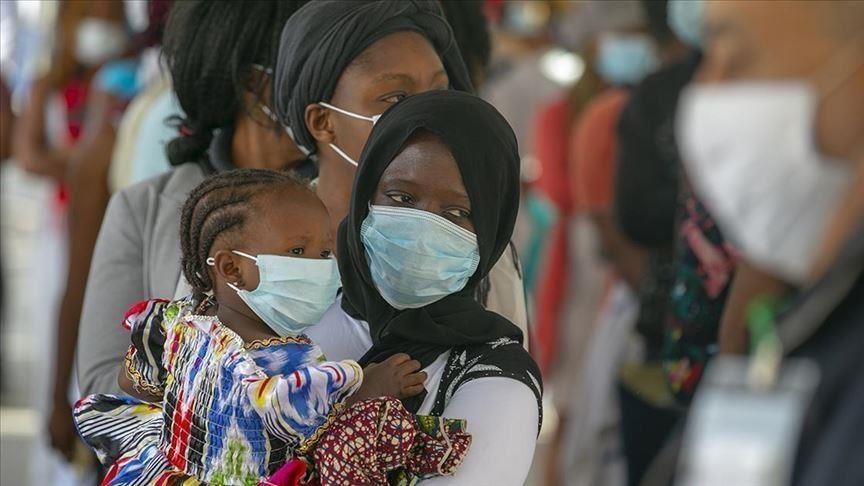Migration from East Africa to Gulf down 73%
International Organization for Migration reports drop in migration from Horn of Africa in 2020 due to COVID-19

ADDIS ABABA, Ethiopia
A new study published this week by the International Organization for Migration (IOM) confirmed a 73% drop in migration from East Africa towards Gulf Council Countries during 2020 due to COVID-19.
The study was presented at the Second Scientific Conference on Migration and Displacement, organized by the IOM, on Tuesday. Representatives from East Africa’s eight-nation trading and security bloc, Intergovernmental Authority on Development (IGAD), and the German Corporation for International Cooperation (GIZ) attended the conference.
The study noted that COVID-19 led to a three-fourth drop in migrants from the Horn of Africa traveling to the Gulf countries through Yemen.
These findings, the IOM said on its web page, are significant, especially because African migration through Yemen to the Gulf of Arabia has been high for the past four years despite security risks in Yemen.
“Despite reduced arrivals in 2020 — due in part to COVID-19 related restrictions — risks increased with more detention, exploitation, and forced transfers,” it said.
The data showed the number of migrants crossing via Yemen from the Horn of Africa region dropped from a high of 138,213 in 2019 to 37,537 in 2020. Forced returns from the Kingdom of Saudi Arabia were also significantly reduced, passing from nearly 121,000 Ethiopian migrants in 2019 to 37,000 in 2020.
The IOM was meeting with thought-leaders, academic researchers, policymakers, and development partners to discuss the immediate and long-term impact of COVID-19 on countries in the IGAD region.
“The IOM is also working with and supporting the IGAD countries [Djibouti, Eritrea, Ethiopia, Kenya, Somalia, South Sudan, Sudan, and Uganda] to develop and implement integrated regional approaches responding to the needs of migrants and other vulnerable mobile groups,” it said.
The goals, it said, were to harness the benefits of migration and to reduce the negative impacts of COVID-19 as nations across the region grapple with the economic blow of the pandemic. “These include millions of lost jobs and closed businesses and a decline in cash remittances sent from migrant workers abroad, which support millions across the region.”
The World Bank projects that COVID-19 remittance flows to low- and middle-income countries will decline by around 14% by 2021 compared to pre-COVID-19 levels. This is expected to have severe financial and social impacts on the IGAD countries, including increased poverty and a reduction in access to essential services such as healthcare and education, the IOM said.
Migrants, including Internally Displaced People (IDPs) and refugees in the region, are also unable to access medical treatment for COVID-19 and personal protective equipment. They are also at risk of discrimination, stigma, and xenophobia, the study revealed.
Anadolu Agency website contains only a portion of the news stories offered to subscribers in the AA News Broadcasting System (HAS), and in summarized form. Please contact us for subscription options.





